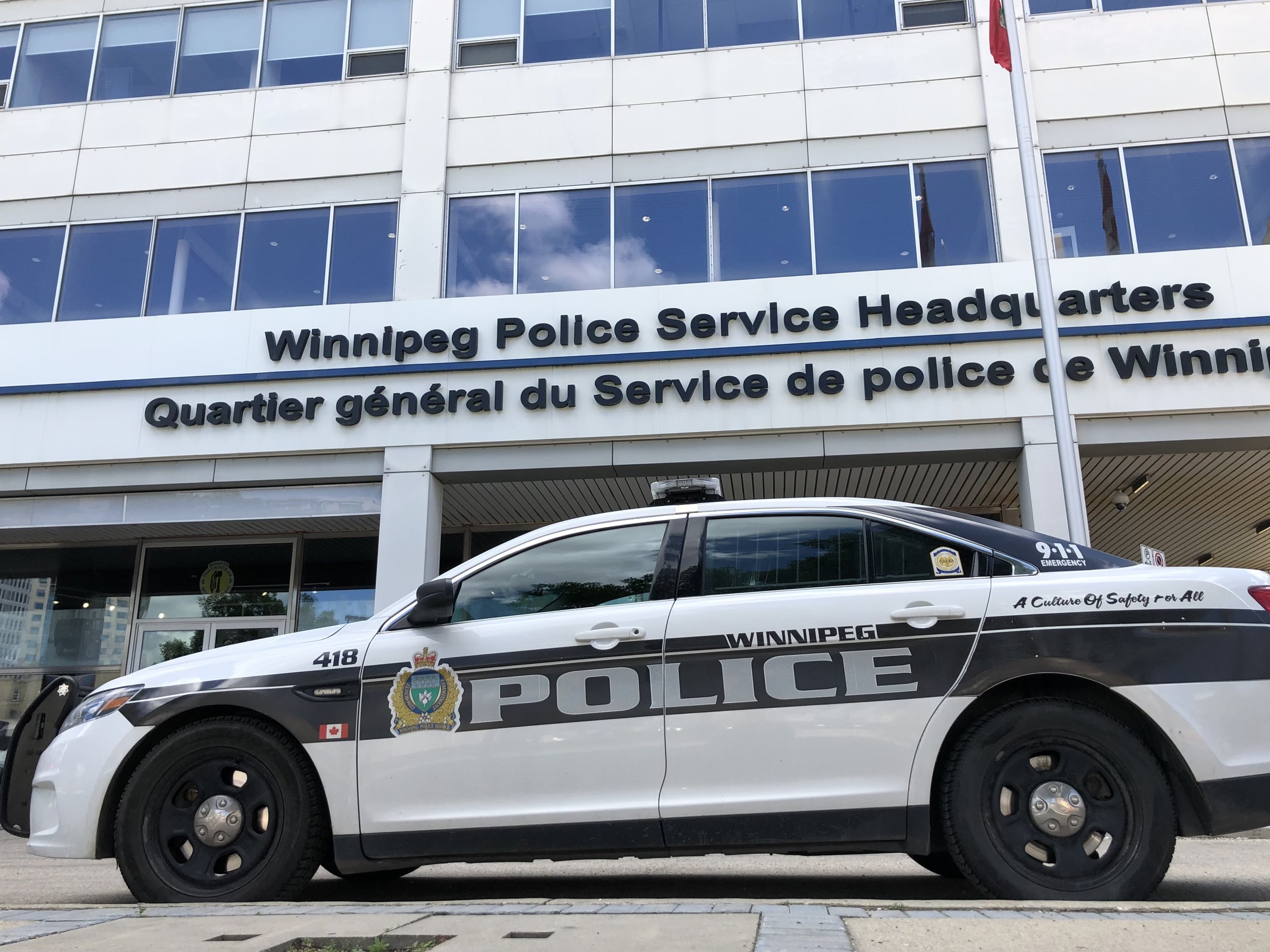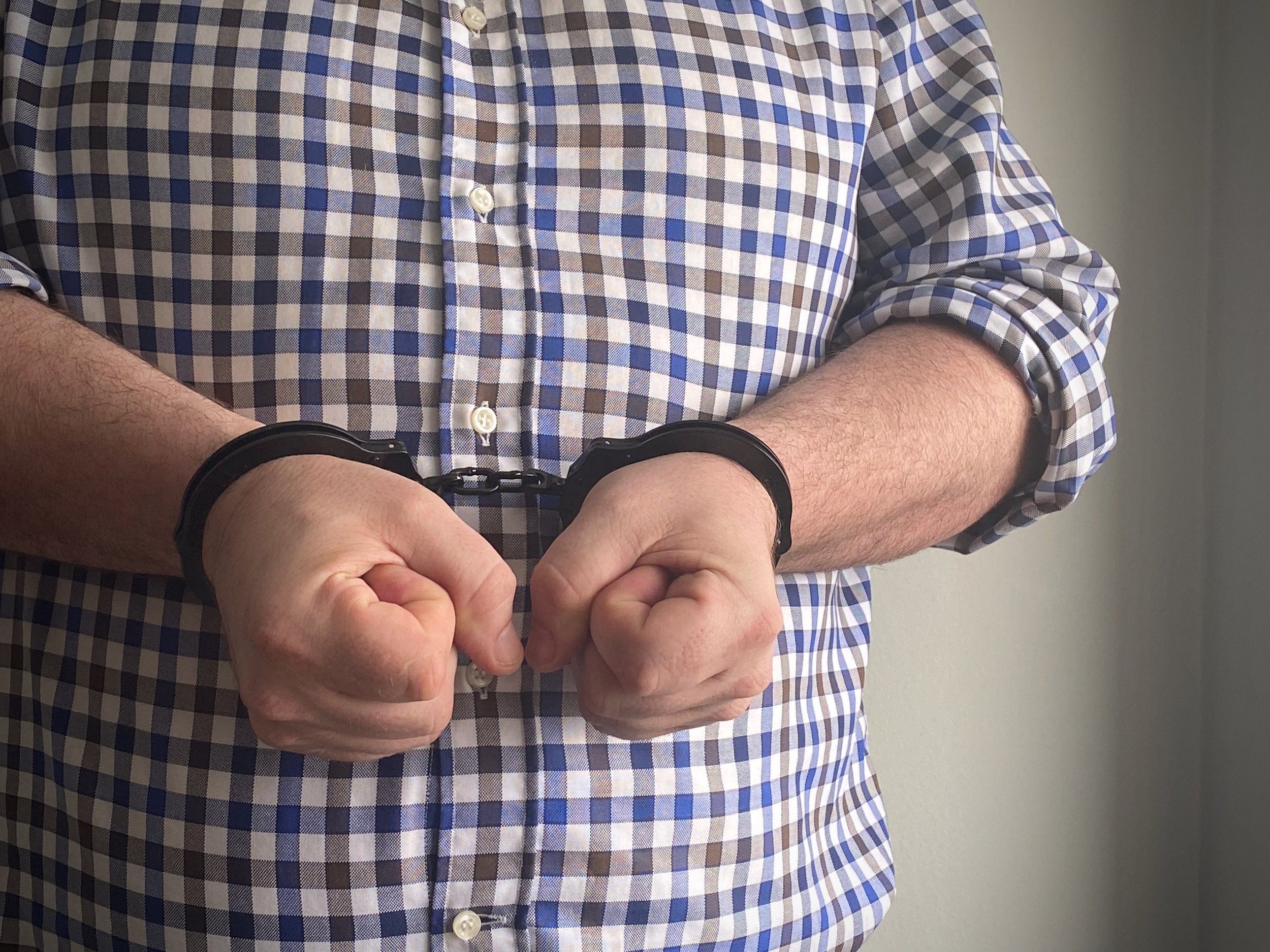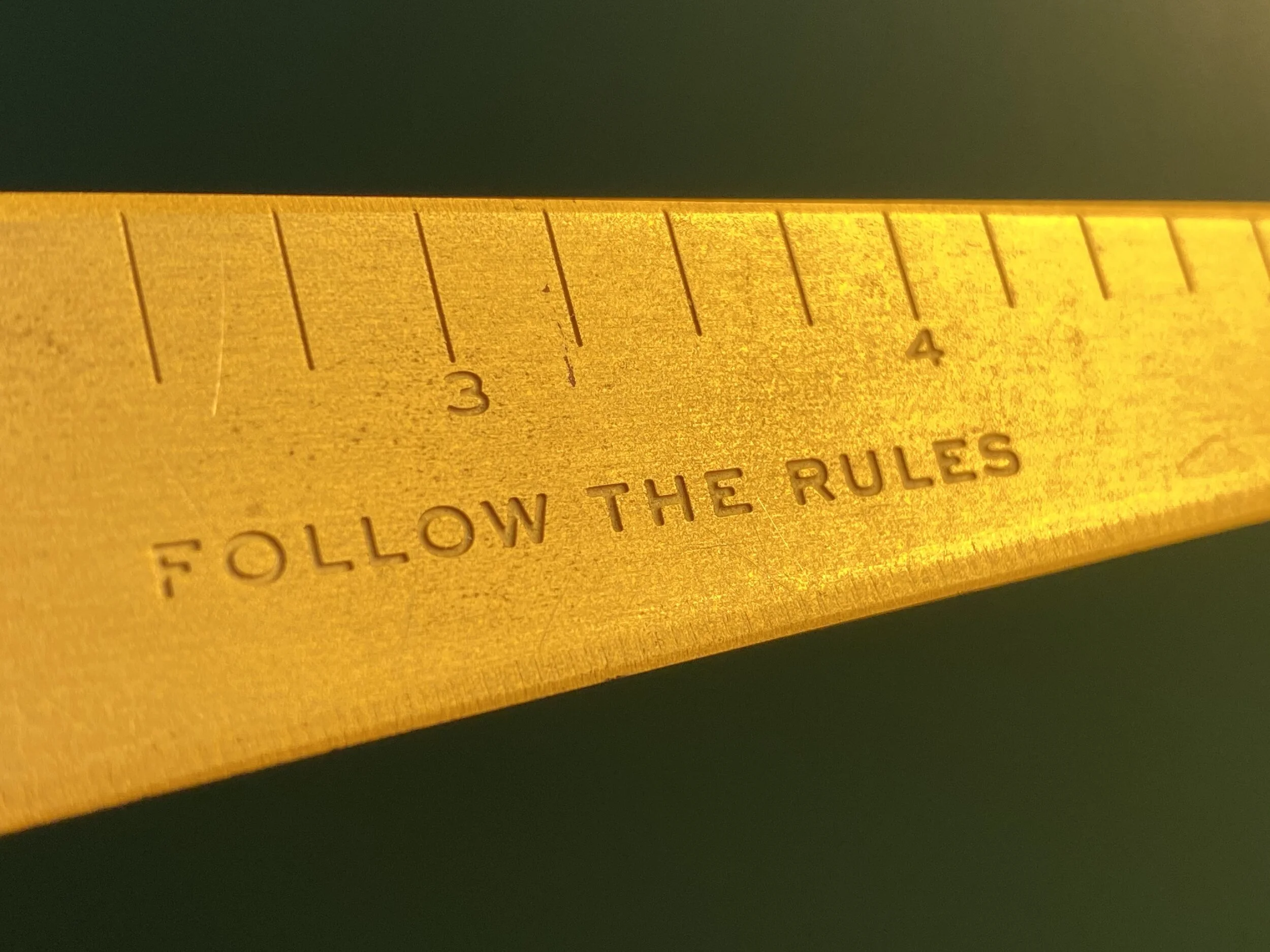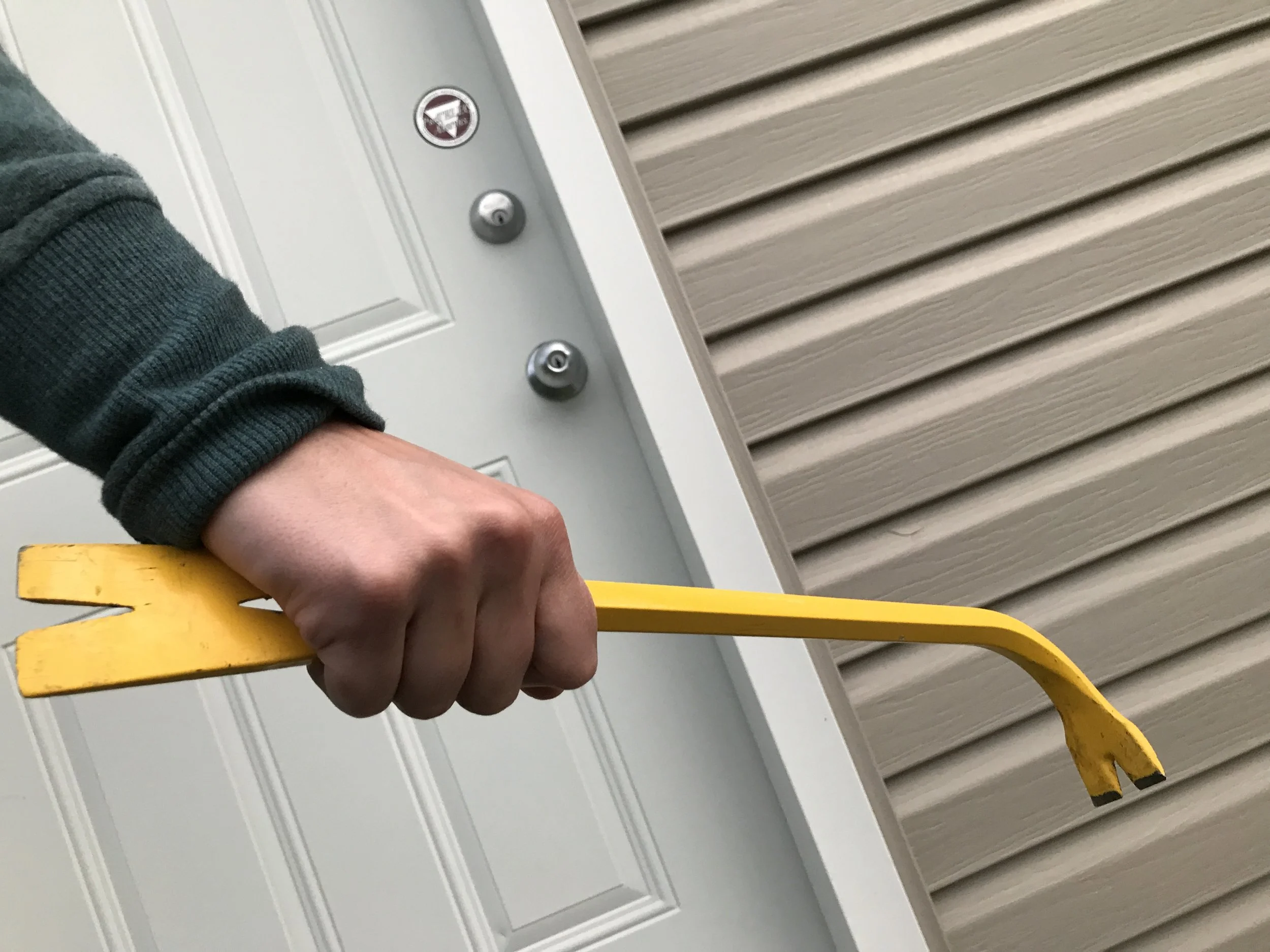As of today (December 18, 2018), drive impaired laws in Canada are going to see some major changes. Bill C-46 received Royal Assent on June 21, 2018, but it was only going to come into force after 180 days to allow the provinces time to prepare for the changes. Increased minimum fines are important to know about, but I think the biggest change that could impact the most Canadians is that police officers are now able to make any driver provide a roadside breath sample into an ASD at any time. You can check out this CBC news article about it here.
Please remember, laws can be different all over Canada, so be aware the information on this page focuses on the Province of Manitoba. Laws can also change over time, so this information was accurate as of December 2018.
What is an ASD?
An approved screening device (ASD) is sort of like a mini breathalyzer machine. It is small and portable, about the size of a large-screen phone. You provide a breath sample into the machine through a little plastic straw and it displays:
green if your blood alcohol level is between 0-50 mg%. Unless you are a Novice driver in Manitoba with a 0 blood alcohol limit, then you would be free to go.
yellow or warn if your blood alcohol level is between 50-100 mg%. In Manitoba (as of this article) you will receive a 3 day driving suspension and maybe further penalties from Manitoba Public Insurance. However, the province did announce proposed changes to the Highway Traffic Act to increase these penalties and you can click here to read a CBC news article about it. As of right now, these are just proposed changes and haven’t become laws in Manitoba yet.
red or fail if your blood alcohol level is over 100 mg%. The officer then has the legal grounds to arrest you for impaired operation of a motor vehicle and demand you provide a sample at the police station into an “approved instrument” (breathalyzer).
It is important to know that all ASDs have one MAJOR limitation. If you have consumed alcohol within 15 minutes of providing a sample into an ASD, then the device will measure the alcohol in your mouth and not from your breath. This can easily result in a red or fail even if your blood alcohol is not over 100 mg%. You are never required to tell the officer if you have been drinking, if you are coming from a bar, or when your last drink was. The officer has a right to ask you these questions and you have the right to remain silent or say, “no comment.” But after an officer demands you provides a sample into an ASD, you should immediately tell the officer if you drank any amount of an alcoholic drink in the last 15 minutes. Then the officer will wait with you for 15 minutes before taking your breath sample to ensure it is an accurate reading. (Smoking a cigarette should not impact the readings but it can gunk up the machine, so an officer may choose to wait a few minutes if you’re smoking a cigarette when you’re pulled over.)
What was the old law?
Previously, a police officer needed to have a reasonable suspicion that a driver had a drug or alcohol in his/her body in order to demand and force the driver to (1) complete a standardized field sobriety test or (2) provide a breath sample into a roadside approved screening device (ASD).
In most cases, the officer would have a reasonable suspicion if the officer detects alcohol on your breath, or in the vehicle when you’re the only occupant, or if you admitted to consuming alcohol. There could be other scenarios that would also meet the test, but these were the most common I saw in my practice.
The key is to remember that roadside testing like this is about whether you have ANY amount of alcohol in your body and it is not about whether you are showing signs of being drunk or impaired.
What is the new law?
The old law about a reasonable suspicion still exists (with some slight changes to the wording) but there is a new section that is being added, it is section 320.27(2):
If a peace officer has in his or her possession an approved screening device, the peace officer may, in the course of the lawful exercise of powers under an Act of Parliament or an Act of a provincial legislature or arising at common law, by demand, require the person who is operating a motor vehicle to immediately provide the samples of breath that, in the peace officer’s opinion, are necessary to enable a proper analysis to be made by means of that device and to accompany the peace officer for that purpose.
What this means is that the officer does not need to smell alcohol on your breath or get you to admit that you’ve had a drink in order to make you provide a sample into an ASD. However, the officer must have an ASD with him/her, so they can’t wait around for another officer to bring one. (But if the officer can meet the reasonable suspicion test, then he/she can wait for another officer to bring an ASD to the scene). Not all officers have an ASD with them on every shift and not all officers have training to use an ASD. So, I don’t think that everyone who is pulled over for any Highway Traffic Act offence is going to have to blow into an ASD, but I do think the number of ASD tests conducted overall is going to skyrocket.
What if you don’t do it?
If you refuse to comply with a lawful demand under the reasonable suspicion section or under the new mandatory sample section, you will be charged with a criminal offence of refusing to provide a sample. The mandatory minimum punishment used to be a $1,000 fine but that is increasing to a $2,000 fine with this new legislation as well. So, refusing to provide a sample is not a good idea.
I want my lawyer!
It is important for you know that during roadside testing like this, the police are not required to let you to speak to a lawyer. This would absolutely be a violation of your right to counsel and unconstitutional, but the Supreme Court of Canada already said it isn’t. You are not able to seek legal advice from a lawyer about whether you should provide a sample into an ASD or not. If you tell the officer that you won’t provide a sample until you speak to your lawyer, the officer will charge you with refusing to provide a sample. You are required to provide the sample immediately, so failing to do so is failing to provide a proper sample.
Final Thoughts
Unless you purchase one of the same ASDs that the police use, you really have no way of knowing what your blood alcohol level is. For some people, with an empty stomach and after a drink or two, they could be in the yellow/warn zone. You can purchase your own unofficial ASD if you wanted to get a sense of how you feel and how many drinks it takes for your blood alcohol level to get to a certain point. For $150 you can buy a well-reviewed ASD (click here for review) from Amazon (click here for link), but you still have to wait 15 minutes after your last drink before you should test your levels. Having said that, I would NOT trust an unofficial ASD to confirm I am under the limit to drive - the consequences are too high for me to take any risks. If you are planning on having more than 1 drink in an evening, make other arrangements to get home. This may seem EXTREMELY cautious but a cab is lot cheaper than a DUI, in fact, a helicopter may be cheaper than a DUI conviction.
Additionally, many people believe that your body can get rid of 1 drink per hour. That’s not exactly correct. The science says people can, on average, metabolize alcohol at a rate of 10-20 mg% per hour. So, if you’re over the legal limit to drive at 80 mg%, it could take you from 4-8 hours to get back down to 0 mg%. So, if you’ve had a late night drinking (and you were drinking a lot), you may feel better after sleeping for a bit, but chances are your blood alcohol level is still pretty high. Do not drive the next morning. I would wait 24 hours to be safe after a big drinking night.
In Canada, we have a legal right under section 8 of the Charter of Rights and Freedoms to be free from unreasonable search and seizure. While some people applaud the government for taking steps to try and reduce dangerous drivers on the road, others argue that this is a step towards eroding our constitutional rights as Canadians and should not be accepted. The Conservative Government under Stephen Harper made several criminal laws that the Supreme Court of Canada later found to be unconstitutional (R. v. Nur, 2015 SCC 15, R. v. Safarzadeh-Markhali, 2016 SCC 14, R. v. Boudreault, 2018 SCC 58).
Related articles
Impaired Driving or DUIs (michaeldyck.ca)
Can You Have Alcohol in Your Car (michaeldyck.ca)
How much does it cost if you get a DUI? (And why it is cheaper to hire a helicopter) (michaeldyck.ca)
Mix 96 Steinbach Guest Spot: Drinking and Driving Costs (michaeldyck.ca)
Supreme Court of Canada Series: R. v. Bingley (DRE Experts) (michaeldyck.ca)
About the author
Michael Dyck is a partner at Rees & Dyck Criminal Defence. He represents clients primarily from Winnipeg, Steinbach, and rural Manitoba. He has extensive experience helping people charged with criminal offences and focuses on building legal strategy with clients. To read more of his articles, please visit his partner's website TomRees.ca.






























